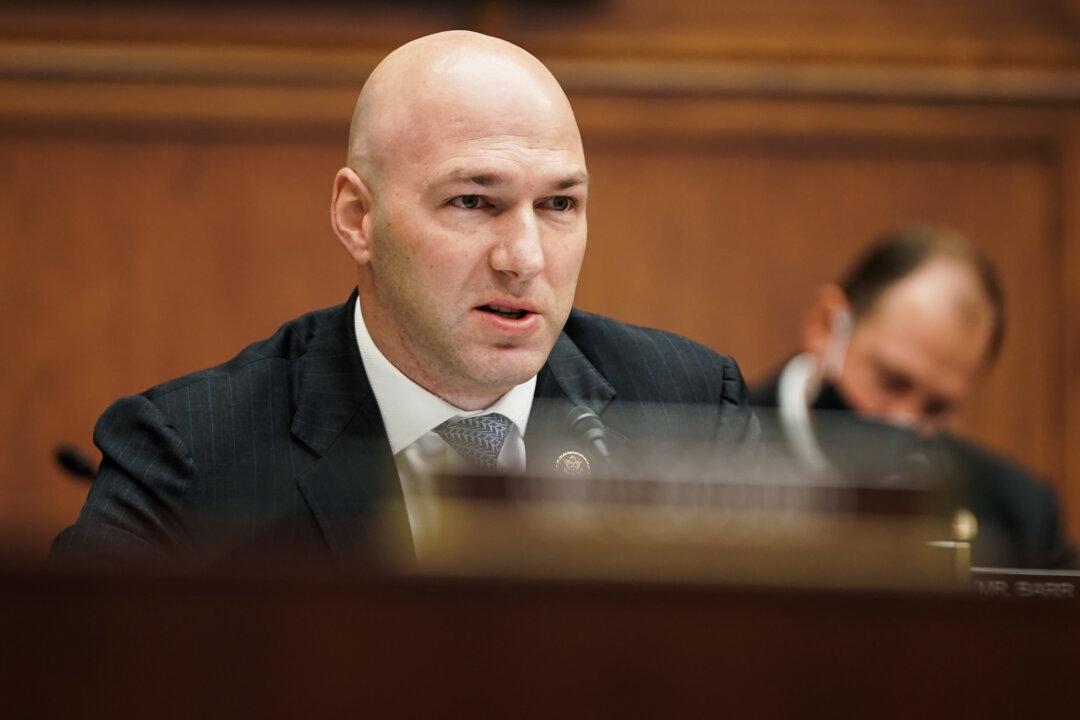Nearly 70 lawmakers from the Group of Seven (G7) nations have signed a joint letter calling on their leaders to join together in taking a tough stance on China during the upcoming June summit.
“The threats posed by the Chinese Communist Party represent the greatest foreign policy challenges of our time. These threats affect not only our nation, but also our most trusted democratic allies around the world,” stated U.S. Rep. Anthony Gonzalez (R-Ohio), according to a Jan. 25 statement from his office.



